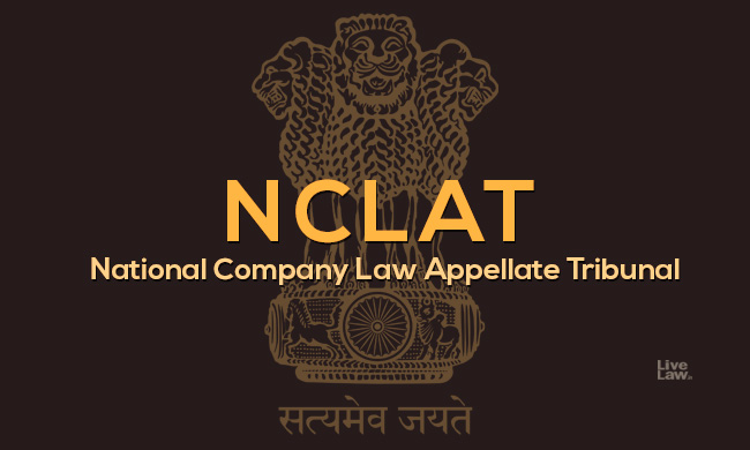The NCLAT Chennai bench of Justice Sharad Kumar Sharma (Judicial Member) and Jatindranath Swain (Technical Member) has held that a variable claim like performance pay which is not certain and has to be determined based on the performance of the employee will not be an operational debt as it is not the payment due therefore proceedings under section 9 of the IBC cannot be initiated for such...

